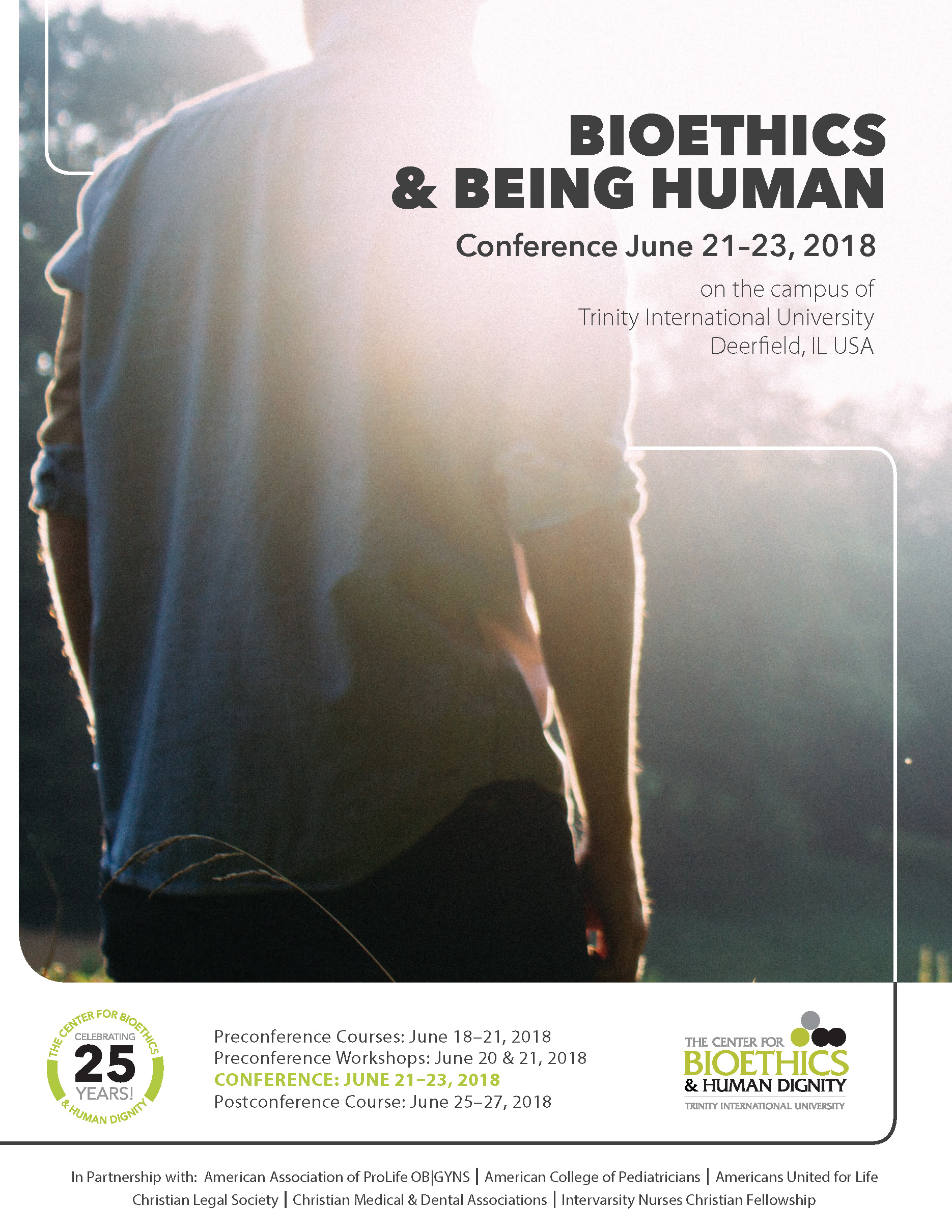
In light of recent laboratory breakthroughs in the emerging field of synthetic biology, scientists have developed new, human-like organisms by combining human pluripotent stem cells (hPSCs) with a biologically engineered microscopic scaffolding. The advent of these new organisms, dubbed as Synthetic Human Entities with Embryo-like Features (SHEEFs), raise profound ethical questions concerning the very meaning of nature and particularly what it means to be human. Though a Christian understanding of nature and humanity, situated within the metanarrative of God’s initially good creation, the fall, and redemption, provides a theological framework in which to consider synthetic biology and the development of SHEEFs in particular, establishing any normative claims based on a theological understanding of nature is fraught with challenges, as Christians affirm both the goodness and the fallenness of creation. While this theological understanding of creation resists viewing synthetic biology as either an entirely neutral exercise or as a Promethean act of violence against nature, a more nuanced understanding of our humanity vis-à-vis synthetic biology can be developed by bringing Christology to bear on our understanding of nature—including our own bodies—as good, yet fallen. In particular, we will consider the theological and ethical significance of the Christian claim that God has hypostatically assumed human nature in the concrete and historical person of Jesus Christ by examining the doctrine of the Incarnation as articulated in the work of Karl Barth and T. F. Torrance. Drawing on the insights of these theologians will allow us to make some tentative statements regarding synthetic biology—and the development of SHEEFs in particular—as it relates to creation and human nature.